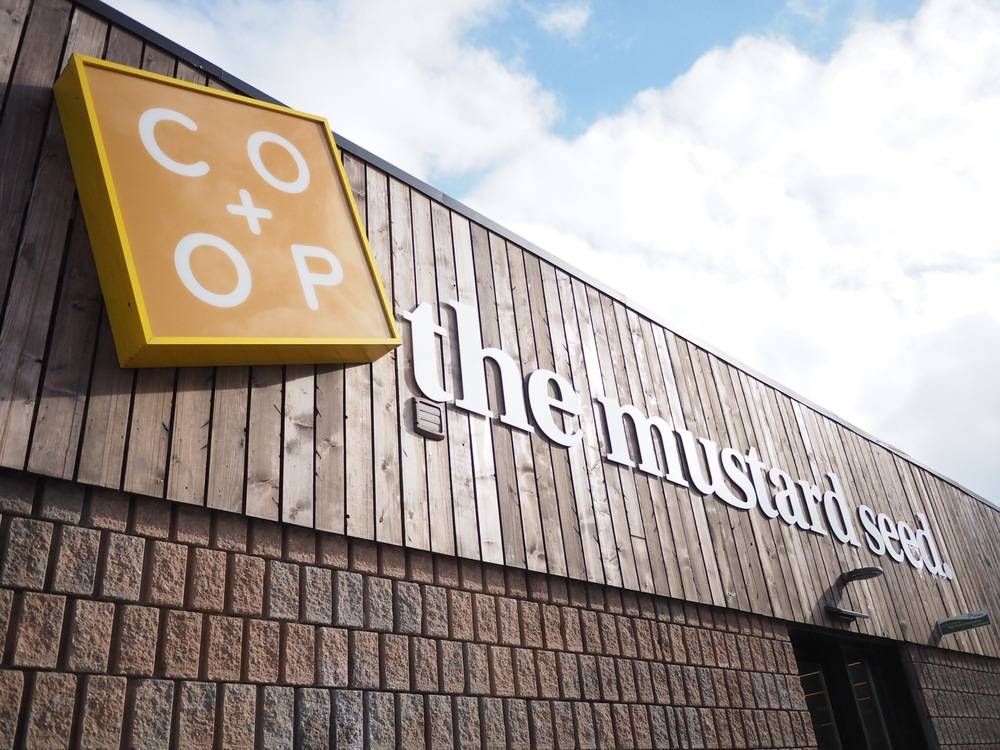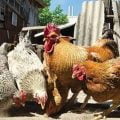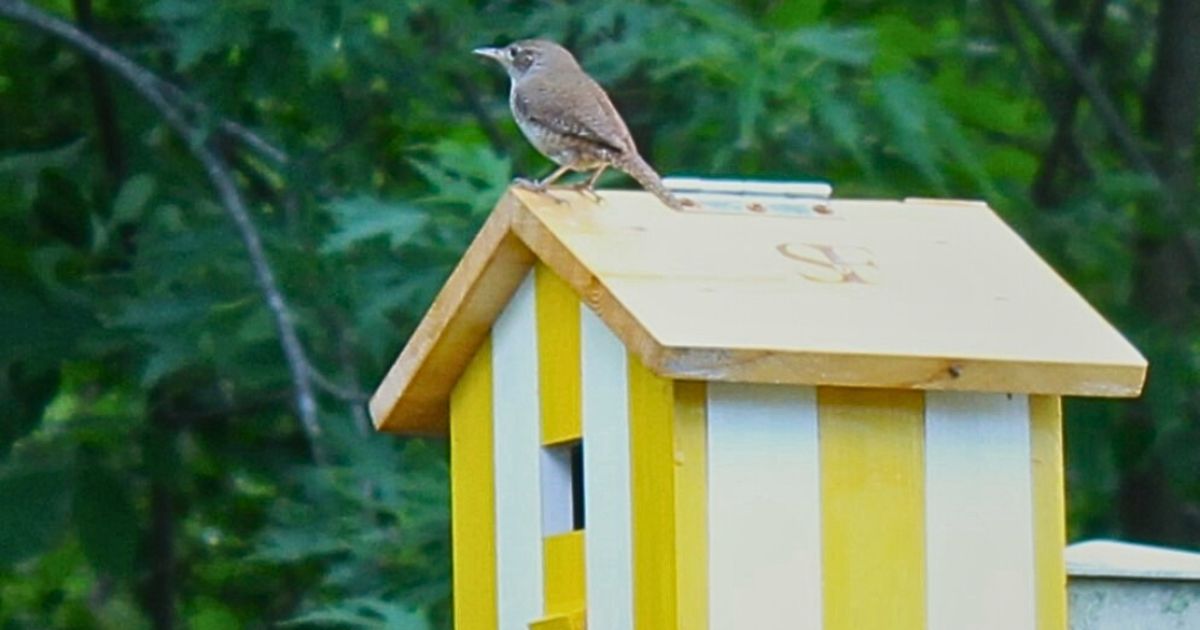This is just a sample of the great stories coming in our March Gardening Digest.
It’s a challenge that has scared off many an aspiring farmer: How can a person embark on a career in food production without solid financial backing? Well, it turns out that some innovative souls are finding alternatives.
Across the country, small-scale operators are finding new ways to access land, equipment and markets, making the dream of working the land come alive. But beware: it typically involves a lot of hard work, know-how and some solid business savvy.
In one instance in southern Quebec, a group of five McGill University graduates banded together and leased five hectares (12 acres) in Les Cèdres, a municipality 60 km (37 miles) west of Montreal. Sharing their various skills, the group offers organic food, including garlic, and sells seed to other organic growers. Today, the Tourne-Sol Co-operative Farm (tournesol means “sunflower”) is one example among many that where there’s a will, there’s a way.
“All provinces have financing programs of some sort—Quebec probably more so than others—and there’s also Farm Credit Canada at the federal level,” says Hugh Maynard, former head of the Quebec Farmer’s Association, who now works as an agricultural communications consultant. “But [aspiring farmers] still require a realistic business plan, so anyone musing about farming should go out and get some experience and figure out what they want to do and put a plan together. Saying you’d ‘like to farm’ doesn’t get [you] too far anymore.”
In fact, armed with the all-important business plan, including projections, proof that they have some ability to repay their loans and some sort of collateral, many aspiring young farmers have contacted the FCC about financing their dream.
“Our Young Farmer Loans are one of our most popular products,” says Toby Frisk, director of the Lindsay district of the FCC in southern Ontario. “Since 2012, we’ve had to reallocate funds several times and have provided $2.4 billion to young farmers.”
“The local-food movement (not just organic) is gaining momentum, and that does present opportunities for young people without a farm to get into the game,” says Maynard. “Agriculture in Canada is heading in two directions: large-volume commodity producers who maximize their margins by lowering costs because they have little control over price, and niche producers who target specialty products and markets and maximize margins by selling smaller volumes at higher prices or directly to consumers to capture a larger share of the food dollar.”
Maynard says niche marketing can be effective, but you have to do your homework. The demand must be there—at a price that is acceptable to both buyer and seller.

“My neighbour produces organic popcorn,” explains Maynard. “They’re not successful just because they are producing organic popcorn, but because they’ve done their research, developed a business model, produced a quality and dependable supply of the product and learned how to market their own product.”
But armed with a well-thought-out action plan, there are alternatives. revealed that an increasing amount of empty farmland in the Brome-Missisquoi region of Quebec’s Eastern Townships. Some types of farming had been abandoned, while other farms had been bought by wealthy urbanites with little interest in commercial agriculture. In 2012, the Banque de terres agricoles, a land bank, was created, putting owners of unused land in contact with aspiring farmers seeking to grow anything from hay to garlic.
The service allows landowners and growers to set rental or lease rates, mentorship and possibly even partnerships between the producer and the landowner. A partnership between the county government (known in Quebec as the MRC), the province’s agriculture ministry and the Fédération de la relève agricole du Québec (which helps young people get into farming), the land bank project has proven so successful that it has been expanded to many other parts of the province.
Meanwhile, in the Gatineau region, Sean Butler and his wife, Geneviève LeGal-Leblanc, established Ferme et Forêt in a slightly different way: they asked friends and family to invest in the operation by buying a form of bonds that offered a small rate of return on the investment. They call it community-financed agriculture (CFA), a variation of the more familiar community-supported agriculture (CSA), in which folks pay upfront in the spring and receive weekly baskets of veggies as they come into season.
Urban communities are also getting into the act, in the form of co-operatives that support local food producers. In Hamilton, Ontario, the Mustard Seed co-operative cites local sourcing as its top priority.
“We have been working with more than 200 local producers, including farmers and producers of prepared, processed or manufactured foods (ice cream, milk, cheese, cereals, cleaning supplies—whatever can be local is local). We expect this number to grow,” says Mustard Seed co-founder Emma Cubitt. Those producers are supported by the co-op’s 2,100 members, as well as members of the general public who shop there.
Mustard Seed’s business model is paying off. “We have just passed $2 million in annual sales, which is pretty extraordinary for a two-year-old business organized by the community for the community,” says Cubitt.
She notes that some people are attempting to get into food production by trying to expand a hobby into a business. That can be anything from selling produce from a backyard garden to manufacturing a finished product, such as hot sauce or ice cream. The successful ones are driven by passion for what they do.
“We see young farmers wanting to grow as a personal response to environmental issues (GMOs, organic production and so on) or to have an agricultural living/working lifestyle,” she says.
Maynard cautions, however, that if it’s a vision of a bucolic lifestyle you’re after, you may be better off keeping your day job. Farming hours are long, and at times the work can be very hard. Plus, as any farmer will tell you, farming requires the use of many skill sets: as an operator, you’ll have to have a firm grasp of what you’re growing, as well as finances, marketing, building maintenance and any number of other tasks.
“If you go the niche-market route, do your homework first—remember, producing lavender for jam flavourings and potpourris is a limited market, and just because two or three are doing well doesn’t mean there’s enough room for four,” he explains. “And get some business skills, because you’ll need those as much as you’ll need the farming ones.”
Maynard also suggests that aspiring farmers not limit themselves to the organics market.
















